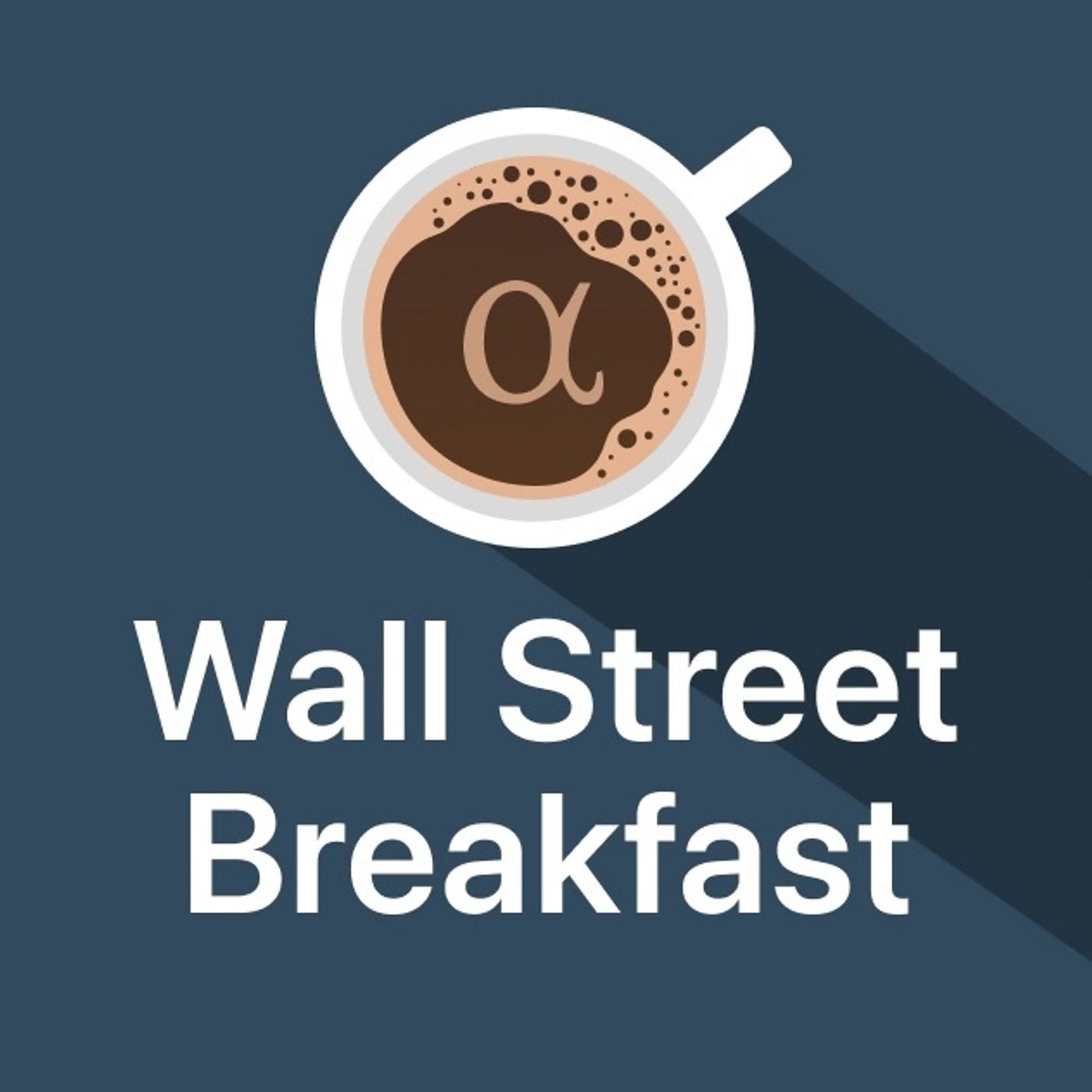
Description
Consumers are 'smelling the coffee' as sentiment on future conditions sinks. (0:16) Treasury yields hit lowest levels of the year. (2:30) Tesla Europe deliveries tumble. (2:50)Show NotesHedge fund VIP stocksLucasfilm head set to retireEpisode transcripts: seekingalpha.com/wsb Sign up for our daily newsletter here and for full access to analyst ratings, stock quant scores, dividend grades, subscribe to Seeking Alpha Premium at seekingalpha.com/subscriptions.
Audio
Featured in this Episode
No persons identified in this episode.
Transcription
No transcription available yet
Help us prioritize this episode for transcription by upvoting it.
0
upvotes
Popular episodes get transcribed faster